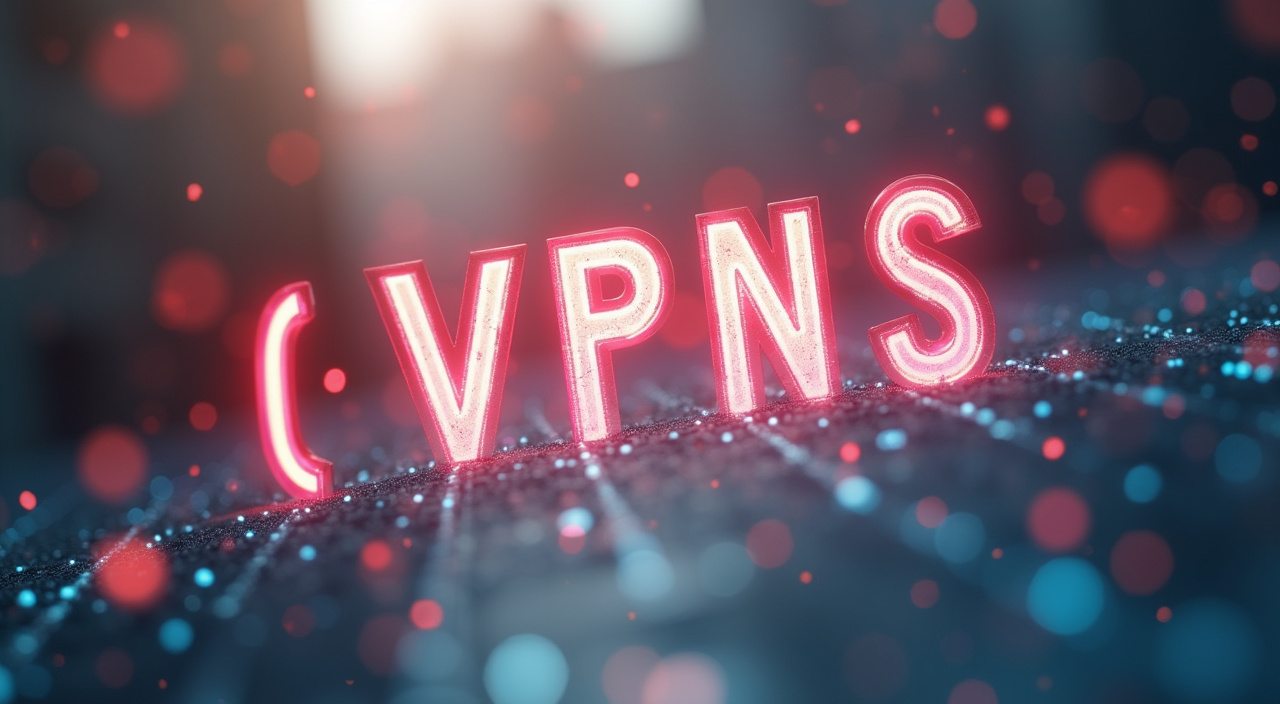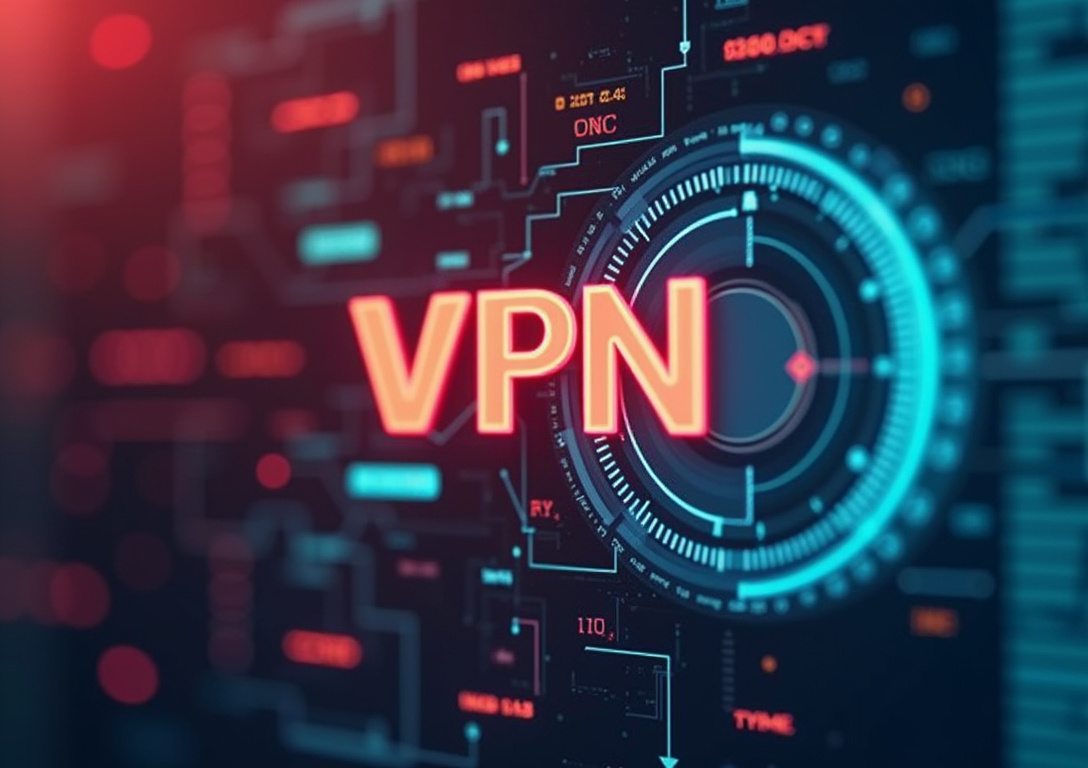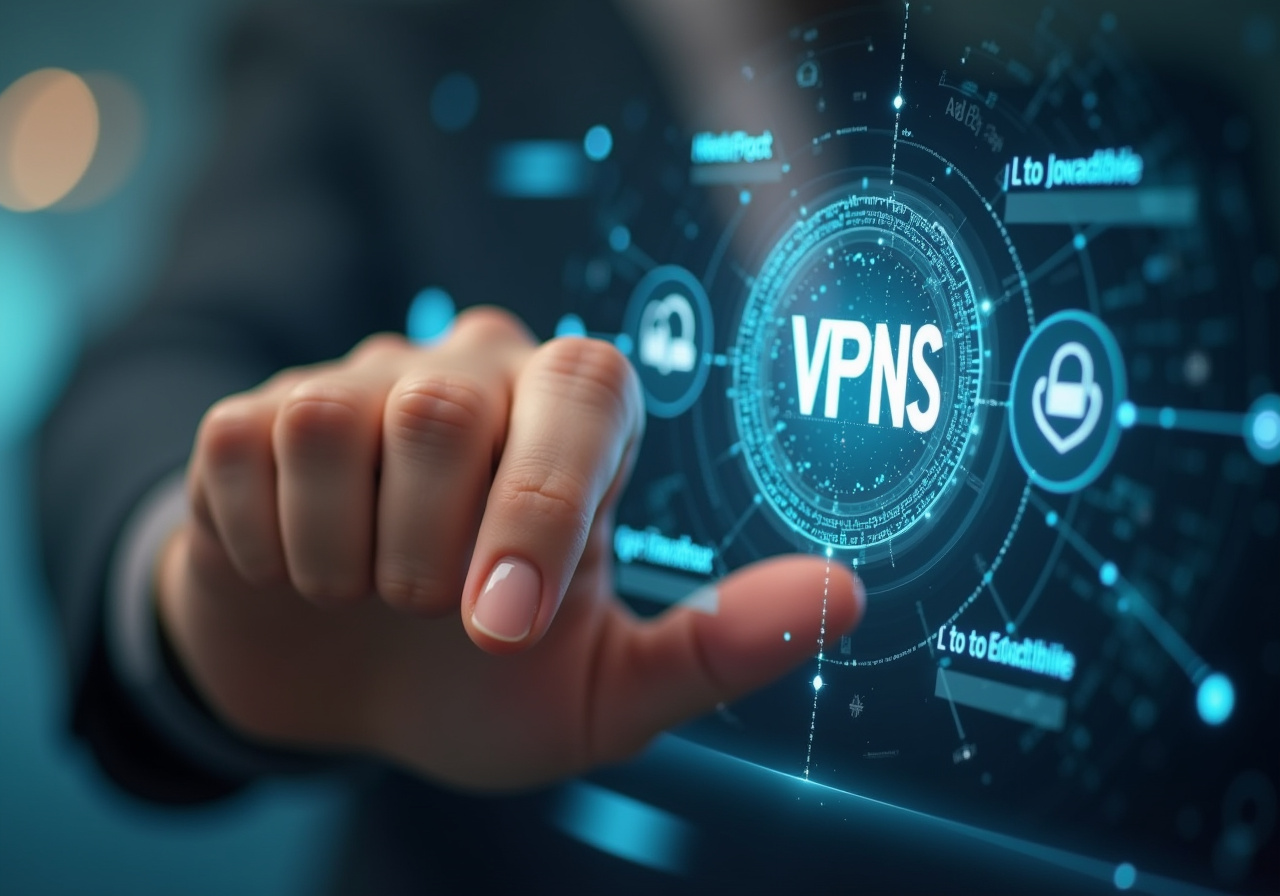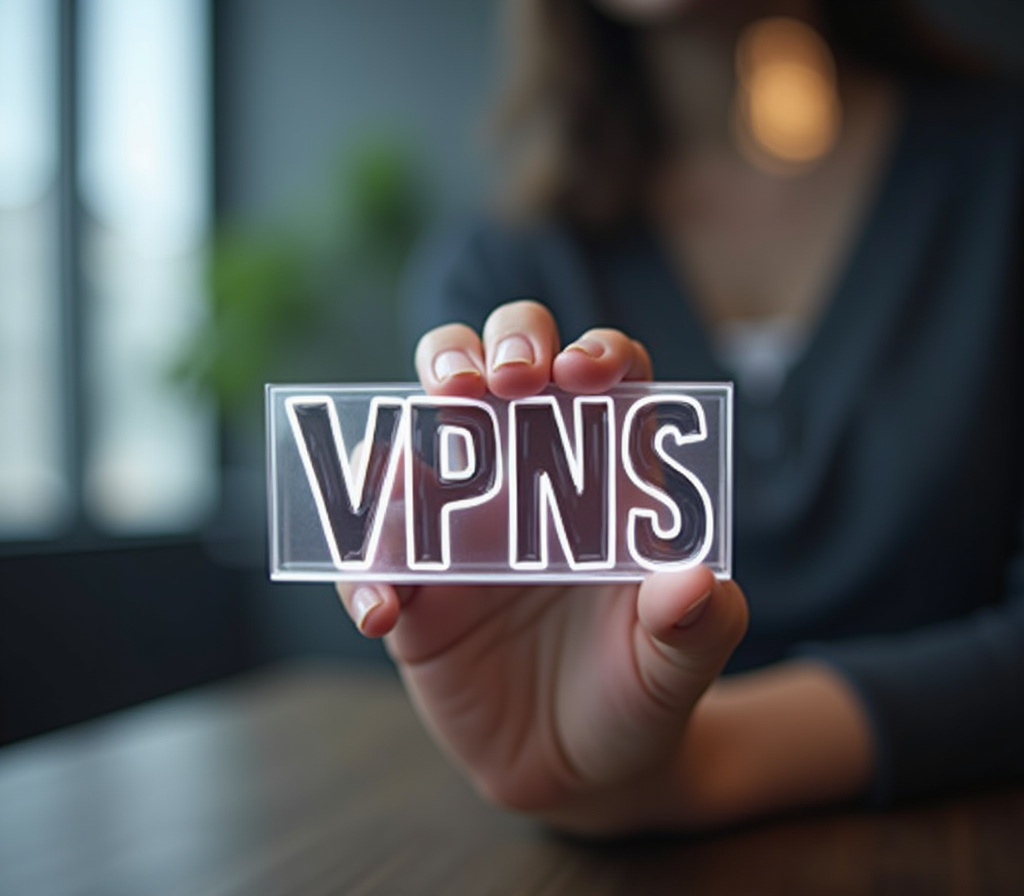Understanding No-Logs Policies in VPN Services
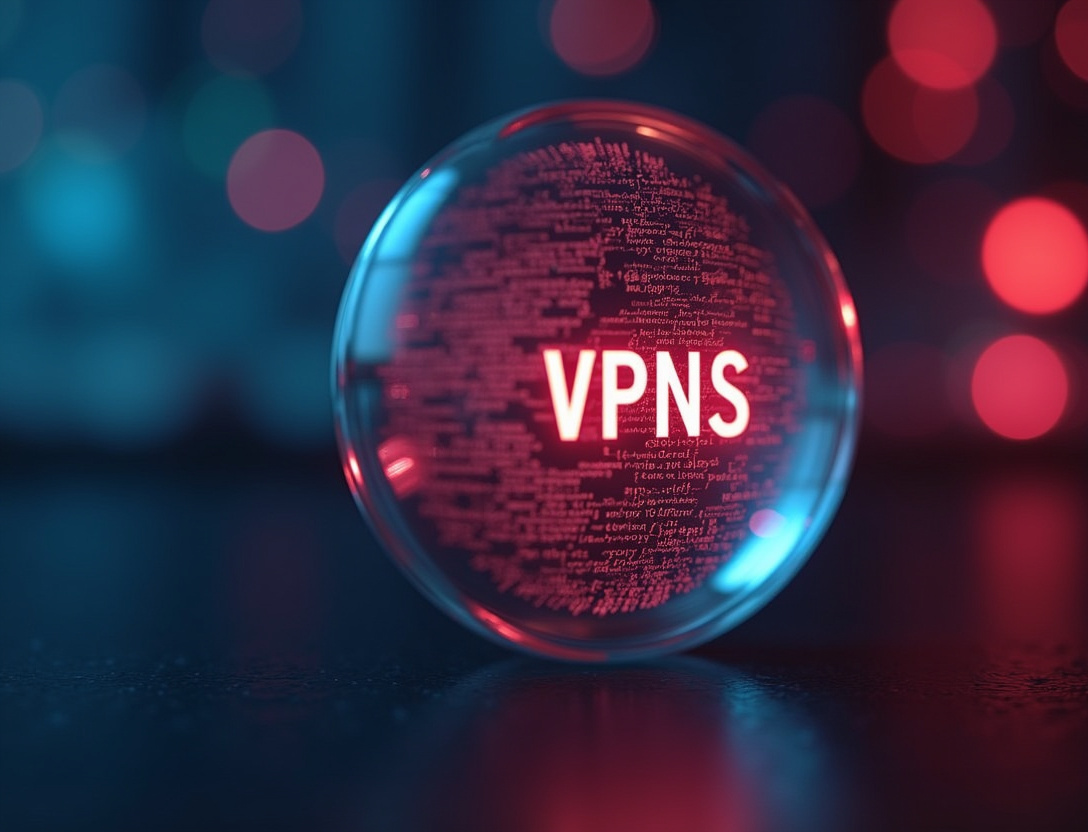
Table of Contents
In the digital age, where online surveillance and data breaches are increasingly prevalent, the concept of online privacy has become paramount. Individuals are constantly seeking ways to protect their personal information and browsing activities from prying eyes, be it from governments, corporations, or cybercriminals. This quest for online anonymity has fueled the growing popularity of Virtual Private Networks (VPNs).
At the heart of a trustworthy VPN service lies its commitment to a "no-logs" policy, a promise to refrain from collecting or storing user activity data. This commitment is directly linked to data protection and privacy, acting as a linchpin in the overall effectiveness of a VPN. Without a clear and strictly adhered to no-logs policy, the benefits of using a VPN are significantly diminished.
A VPN's primary function is to create a secure and encrypted tunnel for your internet traffic, masking your IP address and location, making it appear as if you are browsing from a different server. However, if the VPN provider itself keeps logs of your online activities, it essentially becomes another entity that can potentially track, monitor, and even share your data with third parties. A robust no-logs VPN functions as a digital shield, ensuring that your online activities remain confidential and inaccessible to prying eyes.
This involves more than just encrypting your internet traffic; it extends to preventing the VPN provider itself from becoming a repository of your personal information. This digital shield is crucial in today's world, where data is constantly being collected, analyzed, and commodified. Your browsing habits, search history, and online interactions can reveal a great deal about your personal beliefs, interests, and lifestyle.
A no-logs VPN helps you regain control over this data and prevents it from being used against you. A VPN's adherence to a comprehensive no-logs policy provides users with a crucial privacy guarantee. This assurance allows users to browse the internet, stream content, and conduct online transactions without the fear of having their data tracked, stored, or potentially shared with third parties.
This guarantee is particularly important for individuals who engage in sensitive activities online, such as journalists protecting their sources, activists organizing for social change, and anyone concerned about maintaining their anonymity in authoritarian regimes. For these individuals, the consequences of having their online activities exposed can be severe, ranging from harassment and intimidation to imprisonment and even physical harm. Examining VPN policies in detail becomes essential when selecting a service prioritizing privacy.
A genuine no-logs policy should clearly and explicitly state what data is not collected, as well as the limited data that may be temporarily retained for operational purposes, such as bandwidth usage or connection times to maintain service quality and prevent abuse. It should also describe the measures taken to safeguard the security of any data that is collected, such as encryption and secure server infrastructure. Ideally, the VPN provider should undergo regular third-party audits to verify its adherence to its stated no-logs policy.
These audits provide independent confirmation that the VPN is not collecting or storing user data in violation of its policy. The proliferation of VPN services in the market has made choosing a reliable and secure VPN a complex task. The vast array of options can be overwhelming, with each provider making similar claims about privacy and security.
However, understanding the nuances of no-logs policies can significantly help users in making informed decisions. By delving beyond the marketing hype and scrutinizing the specific data handling practices of each VPN, users can separate the trustworthy providers from those that are simply making empty promises. In evaluating a potential VPN, it is essential to look beyond marketing claims and delve into the specifics of the VPN's policies, paying close attention to the details of their no-logs policy.
A secure VPN should not only offer robust encryption and a wide range of server locations but also provide clear and transparent information regarding its data handling practices. By prioritizing no-logs VPNs, users can significantly enhance their online privacy, protect their sensitive data, and regain control over their digital lives.
Diving deeper into the intricacies of VPN policies reveals the critical importance of data protection in the digital landscape. The increasing sophistication of cyber threats and the pervasive nature of online surveillance have made data protection a fundamental concern for individuals and organizations alike. VPN services often claim to offer complete anonymity, but the reality depends heavily on the specific terms outlined in their VPN policies.
A truly reliable no-logs VPN differentiates itself by minimizing the types of data it logs and implementing stringent security measures to protect the limited data it does retain. This includes utilizing advanced encryption protocols, employing secure server infrastructure, and adhering to strict access controls. When it comes to data protection, a no-logs policy serves as a foundational pillar, safeguarding users' personal information from unauthorized access and potential misuse.
This policy is not merely a marketing buzzword, but rather a reflection of the VPN provider's commitment to respecting user privacy and upholding ethical data handling practices. The very essence of a no-logs policy is to limit the potential for data breaches and misuse by minimizing the amount of data collected in the first place. To determine whether a VPN genuinely abides by a no-logs policy, it is imperative to examine the specifics of its data retention practices.
This includes identifying the types of data that are collected, such as IP addresses, connection timestamps, and browsing history. It's also necessary to determine how long this data is stored and under what circumstances it might be accessed or shared with third parties. A privacy guarantee from a VPN relies on a combination of strong encryption, a robust no-logs policy, and a commitment to transparency.
Encryption alone is not sufficient to protect user privacy if the VPN provider is simultaneously logging user activity. The no-logs policy ensures that even if the encrypted data were somehow intercepted, it would not be linked to a specific user. If a VPN provider retains logs of user activity, it creates a potential vulnerability for data breaches and the risk of having user data subpoenaed by law enforcement agencies or other entities.
This risk is particularly concerning in countries with weak data protection laws or a history of government surveillance. Therefore, choosing a VPN with a proven track record of protecting user data and resisting government pressure is crucial. To further instill confidence in its no-logs claims, a reputable VPN should undergo independent audits by cybersecurity firms.
These audits provide unbiased verification that the VPN provider is adhering to its stated policies. The results of these audits should be made publicly available to demonstrate transparency and accountability. These audits should be conducted by reputable and independent third-party cybersecurity firms that have the expertise to thoroughly examine a VPN's data handling practices.
Secure VPN services that prioritize data protection will go above and beyond simply stating their commitment to a no-logs policy. They will also implement measures to protect against DNS leaks and IP address leaks, ensuring that user data is properly shielded from outside observers. DNS leaks can occur when your device sends DNS requests to your Internet Service Provider (ISP) instead of the VPN's DNS servers, potentially revealing your browsing activity.
IP address leaks can occur when your real IP address is exposed despite being connected to the VPN. Furthermore, these VPNs will utilize strong encryption protocols and maintain a global network of servers to provide users with fast, reliable, and secure connections. The use of strong encryption protocols, such as AES-256, ensures that user data is protected from unauthorized access.
A global network of servers allows users to choose a server location that is geographically close to their desired content, improving connection speed and reducing latency.
The privacy guarantee offered by a no-logs VPN is not merely a superficial marketing ploy but a tangible assurance of data security and anonymity. In an era where data breaches are commonplace and online surveillance is pervasive, this guarantee provides users with peace of mind, knowing that their online activities are shielded from prying eyes. This guarantee empowers users to exercise their digital rights without fear of being tracked or monitored.
They can browse the internet, engage in online discussions, and conduct business transactions without the constant worry of their data being collected, analyzed, and potentially used against them. The privacy guarantee extends beyond simply hiding your IP address; it encompasses the overall protection of your digital identity and the preservation of your online freedom. Understanding how VPN policies function in practice is crucial to recognizing the true extent of this privacy guarantee.
It's not enough to simply trust a VPN provider's word; users must carefully examine the VPN's policies and procedures to ensure that they align with their privacy expectations. VPN services that adhere to genuine no-logs policies avoid recording any data that could be used to identify individual users or link their online activity to specific accounts. This includes IP addresses, browsing history, session durations, and the websites visited.
This commitment to data minimization is the cornerstone of a strong privacy guarantee. The less data a VPN collects, the less vulnerable it is to data breaches and government requests for user information. VPN policies of a secure VPN are often written in clear, accessible language, allowing users to understand their rights and responsibilities.
These policies should explicitly state what data is not collected, what data is temporarily retained (if any), the purpose for which it is retained, and the legal basis for any data collection that does occur. Transparency is essential for building trust between VPN providers and their users. Opaque or ambiguous policies can raise red flags and suggest that the VPN provider may not be fully committed to protecting user privacy.
In the event of legal inquiries or government requests for user data, a no-logs VPN will be unable to provide any personally identifiable information, as no such data exists on its servers. This provides users with an added layer of protection against unwarranted surveillance and intrusion into their privacy. The absence of logs means that there is no data to hand over, even if legally compelled to do so.
This legal protection is a significant advantage of using a no-logs VPN, especially for individuals who are concerned about government surveillance or censorship. A key element of a strong privacy guarantee is the jurisdiction in which the VPN is based. VPN services located in countries with strong data protection laws and a history of respecting online privacy are typically more trustworthy than those based in countries with lax data protection policies or close ties to surveillance agencies.
The legal framework in which a VPN operates can have a significant impact on its ability to protect user privacy. To maximize your privacy protection, it is advisable to choose a VPN that is based in a jurisdiction with strong data protection laws and a commitment to upholding digital privacy rights. These jurisdictions often have robust legal mechanisms in place to prevent government overreach and protect the privacy of individuals.
Evaluating VPN policies thoroughly involves not only reading the fine print but also assessing the provider's reputation, security measures, and track record of upholding user privacy. It's essential to look for VPNs that have undergone independent audits of their no-logs policies and have a history of resisting government requests for user data. The VPN's past actions speak volumes about its commitment to protecting user privacy.
Understanding VPN policies requires navigating a landscape of legal jargon and technical specifications to discern the true extent of data protection offered. These VPN policies detail the VPN's data handling practices, defining the boundaries of what information is collected, how it's stored, and under what circumstances it might be shared. A close reading of these policies is crucial as VPN providers vary significantly in their definitions of "no-logs" and their interpretation of data protection responsibilities.
Some VPNs claiming a no-logs policy may still collect connection logs capturing timestamps, bandwidth usage, and the server locations connected to, albeit without associating these details with specific user accounts. It's important to recognize that even these limited logs can potentially be used to deanonymize users in certain situations, particularly if combined with other data sources. Therefore, users seeking the strongest possible privacy guarantee must prioritize VPNs that minimize the collection of any potentially identifying information.
A thorough examination of VPN policies involves scrutinizing the specific language used to describe data retention practices. Look for clear and unambiguous statements regarding the types of data that are not collected. Beware of vague or ambiguous language that could provide loopholes for the VPN to collect and store user data without explicitly stating it.
Pay close attention to any clauses that grant the VPN provider the right to share user data with third parties, such as advertisers or law enforcement agencies, as these clauses can undermine the entire purpose of using a VPN for privacy protection. In addition to reading the VPN's privacy policy, it's equally important to examine its terms of service. The terms of service outline the rules and regulations that users must adhere to when using the VPN, and they may contain clauses that impact user privacy.
For example, some VPNs may reserve the right to terminate accounts that violate their terms of service, which could include engaging in activities that the VPN deems to be illegal or harmful. Evaluating VPN policies effectively necessitates a nuanced understanding of data protection principles. Users should familiarize themselves with concepts such as data minimization, data anonymization, and purpose limitation.
Data minimization refers to the principle of collecting only the minimum amount of data necessary to achieve a specific purpose. Data anonymization involves removing any personally identifiable information from data sets, making it impossible to link data to specific individuals. Purpose limitation restricts the use of data to the specific purpose for which it was collected.
A VPN that adheres to these principles is more likely to provide a stronger privacy guarantee than a VPN that does not. Furthermore, it's essential to consider the legal jurisdiction in which the VPN operates. VPNs based in countries with strong data protection laws, such as those in the European Union, are subject to stricter regulations regarding data collection and storage than VPNs based in countries with weaker data protection laws.
However, it's important to note that even VPNs based in countries with strong data protection laws may be subject to government surveillance or data requests from foreign governments. Therefore, it's crucial to choose a VPN that has a proven track record of resisting government pressure and protecting user privacy. Finally, remember that VPN policies are not static documents.
They can be updated or changed at any time, so it's important to review them periodically to ensure that you are still comfortable with the VPN's data handling practices. A reputable VPN will notify its users of any significant changes to its policies, but it's still a good idea to check back regularly to stay informed.
Choosing a secure VPN that aligns with your privacy needs requires a multi-faceted approach, going beyond mere marketing claims. The focus should be on thoroughly investigating the VPN's operational practices, legal framework, and commitment to transparency. This encompasses scrutinizing the VPN's stated no-logs policy, examining its history of data protection, and considering its location within the global legal landscape.
It's essential to understand that not all VPNs are created equal, and some may prioritize profits over user privacy, making it crucial to differentiate those genuinely committed to data security. Starting with the no-logs policy, look for explicit and unambiguous language that clearly defines what data is *not* collected. A trustworthy VPN will detail the specific types of information that are never logged, such as browsing history, IP addresses, connection timestamps, and DNS queries.
Be wary of vague statements or loopholes that could allow for the collection of potentially identifying information. A crucial factor in evaluating a VPN is its transparency. Look for VPN providers that offer regular transparency reports, detailing the number of data requests they have received from law enforcement agencies and how they have responded.
A VPN that has a history of resisting government requests for user data is a strong indicator of its commitment to protecting user privacy. Moreover, the VPN should ideally undergo independent audits from reputable cybersecurity firms to verify its adherence to its stated no-logs policy. These audits provide unbiased confirmation that the VPN is not collecting or storing user data in violation of its policy.
The audit results should be publicly available for users to review. Beyond the no-logs policy, consider the jurisdiction in which the VPN is based. VPNs located in countries with strong data protection laws and a history of respecting online privacy are generally more trustworthy.
These countries often have legal frameworks that protect user data from government surveillance and provide recourse for privacy violations. Conversely, VPNs based in countries with lax data protection laws or close ties to surveillance agencies may be more vulnerable to government pressure and data breaches. Examining the technical security measures implemented by the VPN is also essential.
A secure VPN should utilize strong encryption protocols, such as AES-256, to protect user data from unauthorized access. It should also offer features such as a kill switch, which automatically disconnects the internet connection if the VPN connection drops, preventing data from being exposed. Furthermore, the VPN should implement measures to prevent DNS leaks and IP address leaks, ensuring that user data remains private and secure.
Look for VPNs that offer multi-factor authentication to further enhance account security. This adds an extra layer of protection, requiring users to provide a second form of verification, such as a code sent to their mobile device, in addition to their password. Finally, consider the VPN's reputation and customer support.
Read reviews from other users to get an idea of their experiences with the VPN. A reputable VPN will have a responsive and knowledgeable customer support team that can assist users with any questions or issues they may encounter. Ultimately, choosing a secure VPN is a matter of due diligence.
By carefully considering the factors outlined above, users can make an informed decision and select a VPN that aligns with their privacy needs and provides a strong guarantee of data protection. Prioritizing these factors will ensure a safer and more private online experience.
Stay Updated
Get the latest VPN news, tips, and exclusive deals to your inbox.
